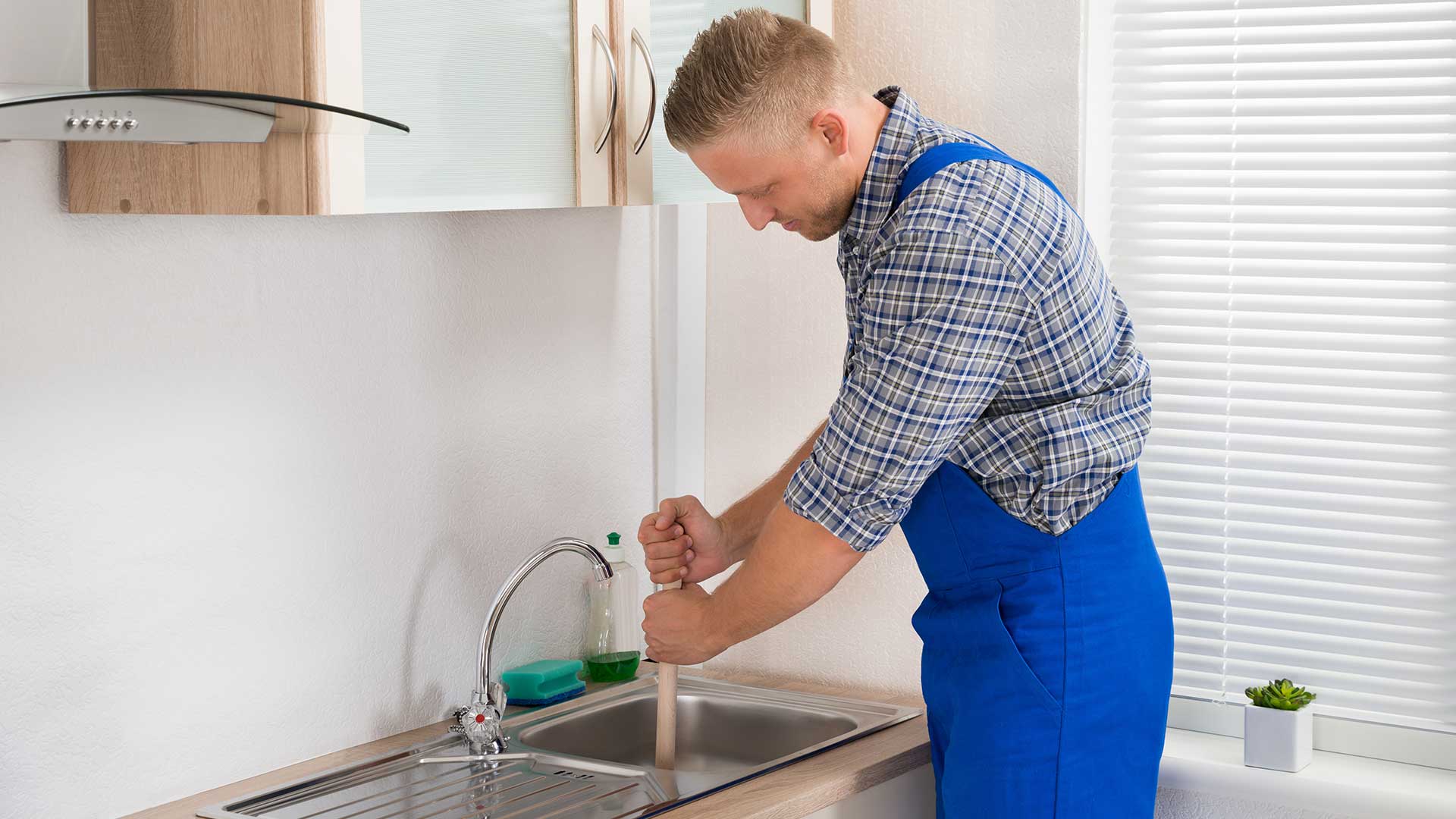If your drain is clogged frequently, it might be a sign that a major clog is developing in the plumbing system. Fats, soap residue, and hair all contribute to the formation of major clogs, which require specialized tools to remove. If you neglect the problem, it is likely that your clogged drain will continue to experience frequent, minor clogs.
When a clogged drain occurs, water from your bath, shower, or kitchen sink starts to drain very slowly. The water may also back up. This may create puddles in nearby fixtures. However, it’s important to note that a clogged drain does not affect every fixture. The most common causes of clogs are food particles, soap, and grease.
To prevent a clogged drain, you can use a combination of hot water, vinegar, and baking soda. Pour the first one down the drain, followed by the second one. Wait about 10-15 minutes for the solution to take effect. It will not be effective if you try to use the same method over again. If you’re unable to unclog the drain using the above methods, you may need to call a plumber to fix it for you.
A clogged drain in your house can also be due to a main sewer line. This is where the majority of clogs originate. A clogged sewer line affects multiple drains in your home. It may even be the cause of a slow toilet that doesn’t flush. Fortunately, most main line clogs don’t obstruct the entire sewer line.
When a clog develops in your home, a plumber can diagnose the problem by using a camera. This tool will determine whether a specific sink or a whole bathroom fixture is affected. If multiple sinks are affected, a plumber will likely have to clean the main line as well. This method is more expensive than a snaking method, but it will help you keep your home habitable.
If a clog occurs in your mainline, you might not notice it until a pipe has been completely shut off. However, if the blockage occurs in your shower or bathtub, the water will back up into the toilet or sink. In some cases, water may back up into low spots and cause a backup. When this happens, it may not be possible to drain the water from a clogged drain, but the water pressure may not be enough to prevent the clog from causing the leakage.
Some common causes of clogged drains are fats and oils. These substances tend to stick to sewer lines and won’t dissolve them. If left untreated, a clog will attract bugs and household pests. In some instances, a clogged sink drain can even attract a rash of drain flies, which is not a good thing. As a result, a licensed plumber can detect and resolve the problem.
In addition to clogged main lines, a clogged sewer pipe can also cause backed-up sinks and toilets. These backed-up sinks and toilets are a common sign of a clogged sewer line and should be immediately addressed. A plumber can fix the problem quickly and easily. Once you know the causes of a clogged drain, you can start to take preventive measures and employ quick fixes.
A Clogged main drain is a major issue. It can be caused by broken pipes, debris, or tree roots that grow into the sewer line. Even tree roots can grow into the sewer line and rip it apart. If you notice bubbling sounds in your drains or waste water backing up into your bathtub when you
flush the toilet, it’s likely that the main drain is clogged.
If the clog is in the main drain, a professional plumber should come and clear the blockage. In some cases, a plumber may be needed to snag the main sewer clean out line. If the clog isn’t severe, a plumber can help you with a video camera inspection to determine what caused the clog. If necessary, a plumber can also make the necessary repairs in the sewer line. For help locating a plumber for blocked drains in Adelaide, go online and you should be able to locate a professional plumber.
The best way to deal with a clogged drain in your house is to call a master plumber to repair it. It’s easy to hire a plumber who claims to fix any plumbing problem, but they often don’t fix the problem. If you don’t have the funds, you should consider contacting a local master plumber. They are the ones that neighbors call for their plumbing needs.
